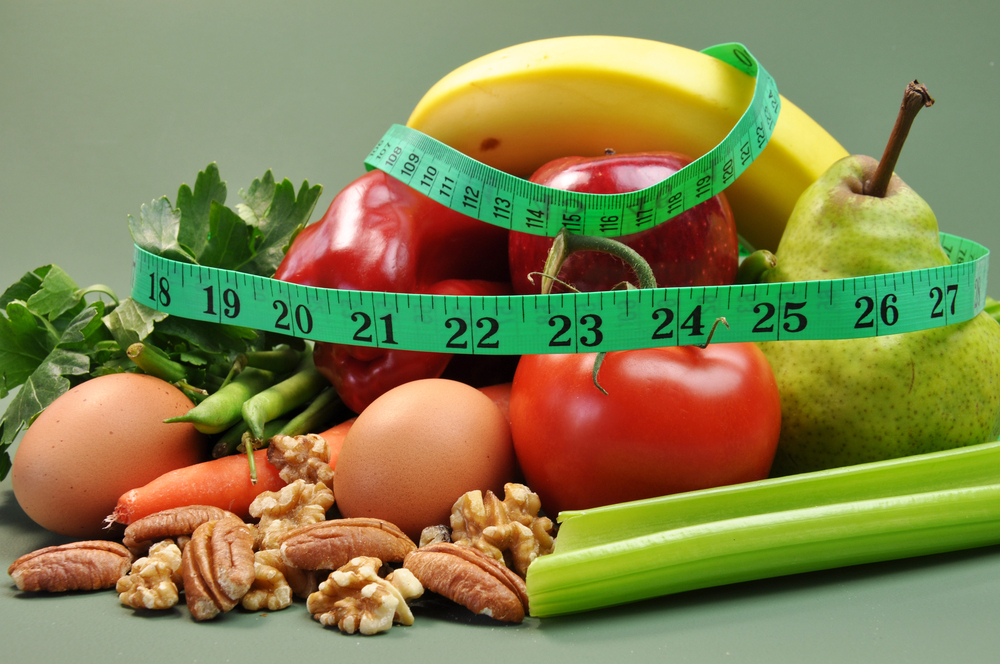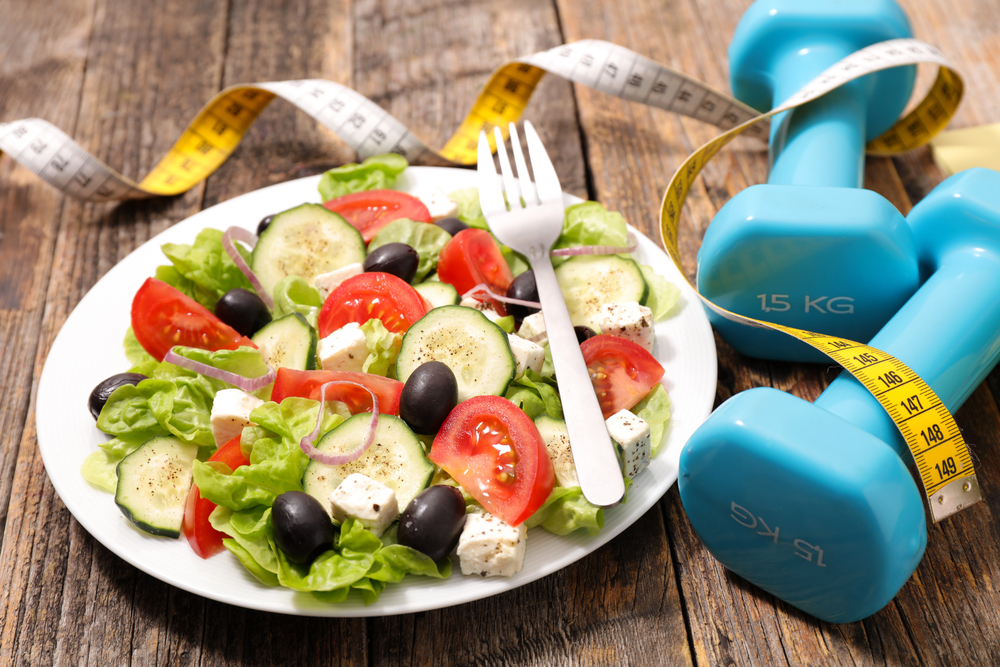Post-bariatric nutrition presents unique challenges that demand both structure and flexibility. Time constraints, nutritional requirements, and digestive limitations intersect in a way that makes food planning essential. In this context, healthy bariatric meals emerge not only as a dietary necessity but as a cornerstone for long-term success after surgery.
Many meal suggestions available today, while visually appealing and nutritionally sound, often require significant preparation time and access to specialized ingredients. However, for sustainable adherence to post-surgical guidelines, meals must be realistic, time-efficient, and nutritionally dense. The focus should remain on nourishment that is accessible and manageable within a demanding routine.
Why post-surgery nutrition matters
Post-bariatric surgery nutrition is essential for both recovery and long-term success. After surgery, the body’s ability to absorb nutrients is altered, making it easier to develop deficiencies in key vitamins and minerals like protein, calcium, and vitamin B12. Consuming healthy bariatric meals helps prevent these deficiencies, supports muscle maintenance, and promotes steady weight loss.
Additionally, mindful eating becomes crucial. With smaller portions and specific dietary restrictions, the focus should be on nutrient-dense foods that fit into a new, healthier lifestyle. This structured approach to nutrition helps patients avoid regaining weight and fosters better eating habits, setting the foundation for sustained success.

Essential components of healthy bariatric meals
Protein: The star of every plate
After bariatric surgery, the digestive system undergoes significant changes. The stomach’s reduced size limits the amount of food that can be processed at once, making it essential to focus on nutrient-dense meals. Protein is the cornerstone of healthy bariatric meals. Foods such as chicken, fish, eggs, tofu, Greek yogurt, and cottage cheese are fundamental to recovery, as they provide the necessary building blocks for muscle repair and overall health. These foods are also versatile, allowing for a variety of meal options, whether it be grilled salmon paired with vegetables or a simple egg muffin baked in a mini tray, the possibilities are numerous.
Colorful, fiber-rich vegetables
Vegetables are an equally important component of healthy bariatric meals. They are nutrient-dense, rich in vitamins and minerals, yet low in calories. Vegetables such as spinach, zucchini, cauliflower, and carrots can be easily incorporated into meals through various cooking methods, whether steamed, roasted, pureed into soups, or spiralized into noodles. Their fiber content supports digestion, which is critical in the post-surgery phase, as the digestive system requires time to adjust. Additionally, the inclusion of fiber-rich vegetables helps with satiety, preventing overeating while enhancing overall meal satisfaction.
Hydration and digestion
While hydration is not technically part of healthy bariatric meals, it plays an indispensable role in the recovery process. Proper hydration supports the body’s ability to absorb nutrients, aids in digestion, and helps maintain overall bodily functions. Drinking sufficient water, without consuming fluids with meals, is critical, as it allows the body to effectively process nutrients and prevents dehydration. Other forms of hydration, such as herbal teas and broth, are also beneficial and should be included throughout the day to support the healing process.
Whole grain and fruits in moderation
While the primary focus post-surgery remains on high-protein foods, there is room for moderation in the inclusion of whole grains and fruits. Small portions of whole grains such as quinoa, oats, or brown rice can be incorporated into meals to provide texture and additional fiber. However, these grains should complement the meal, not overwhelm it. Similarly, fruits, especially those low in sugar like berries and melons, can be part of healthy bariatric meals, offering natural sweetness along with essential vitamins. Nonetheless, careful portion control is necessary to avoid an excess of sugars, which could potentially interfere with weight loss or disrupt digestion.
Smart cooking techniques
The preparation method plays a crucial role in the nutritional quality of healthy bariatric meals, just as much as the ingredients themselves. Opting for cooking techniques such as baking, steaming, grilling, and air frying helps preserve the nutritional value of food while keeping meals light and low in fats. To further enhance the taste without adding unnecessary calories, avoid heavy oils and sauces. Instead, use herbs, spices, and low-calorie seasonings, which can elevate flavors and make healthy bariatric meals more enjoyable.
In addition to smart cooking methods, planning your meals in advance is key to success. Meal prepping can help you stay on track and reduce the temptation to resort to unhealthy, processed foods.
- Pre-cook proteins: Having proteins like chicken or turkey ready in the fridge allows you to create quick and easy meals without extra effort.
- Chop vegetables in advance: Preparing your vegetables ahead of time will save you valuable prep time during the week.
- Batch cook: Cooking larger portions of soups, stews, or other meals and freezing them for later ensures that you always have a healthy option on hand.
By combining smart cooking techniques with thoughtful planning, you can enjoy nutritious, flavorful healthy bariatric meals that support your recovery and long-term health, all while minimizing the time spent in the kitchen.

Establish a core meal rotation
To reduce daily decision-making and avoid diet fatigue, creating a short list of reliable meal options is highly effective. These go-to meals provide structure, reduce stress, and support nutritional goals without sacrificing variety.
Some consistent examples of healthy bariatric meals include:
- Vegetable and egg muffin cups
- Turkey chili with beans
- Shrimp stir-fry with non-starchy vegetables
- Protein wraps with lean meats and leafy greens
- Cottage cheese with fresh tomato and herbs
By rotating through a curated list of simple meals, it becomes easier to maintain both satisfaction and nutritional balance.
Balance and variety over restriction
A key aspect of healthy bariatric meals is moving away from the idea of total food restriction. Instead, the focus should be on achieving a balanced, varied diet that nourishes the body while still providing enjoyment. After bariatric surgery, it’s important to prioritize foods that provide essential nutrients while allowing for moderate indulgence in a wide range of ingredients.
Rather than completely cutting out certain items, a healthy approach promotes mindful eating and portion control, encouraging the inclusion of diverse textures, flavors, and nutrients. This variety not only supports physical recovery but also builds a more sustainable and positive relationship with food over time.

Long-term success begins with proper nutrition
Adopting a practical, healthy, and tailored approach to eating is essential for achieving long-term wellness after bariatric surgery. With the right balance of nutritional planning, smart cooking techniques, and mindful choices, it’s possible to support recovery, prevent deficiencies, and maintain sustainable results over time.
If you’re considering bariatric surgery in Tijuana as a solution for weight management, Boscen Weight Loss is here to provide the expert care and ongoing support you need. We focus on delivering a personalized experience that empowers you to embrace lasting lifestyle changes and reach your health goals with confidence.
Ready to take the next step toward a healthier future? Contact us today and let us support you on your journey with the expert guidance you deserve.




